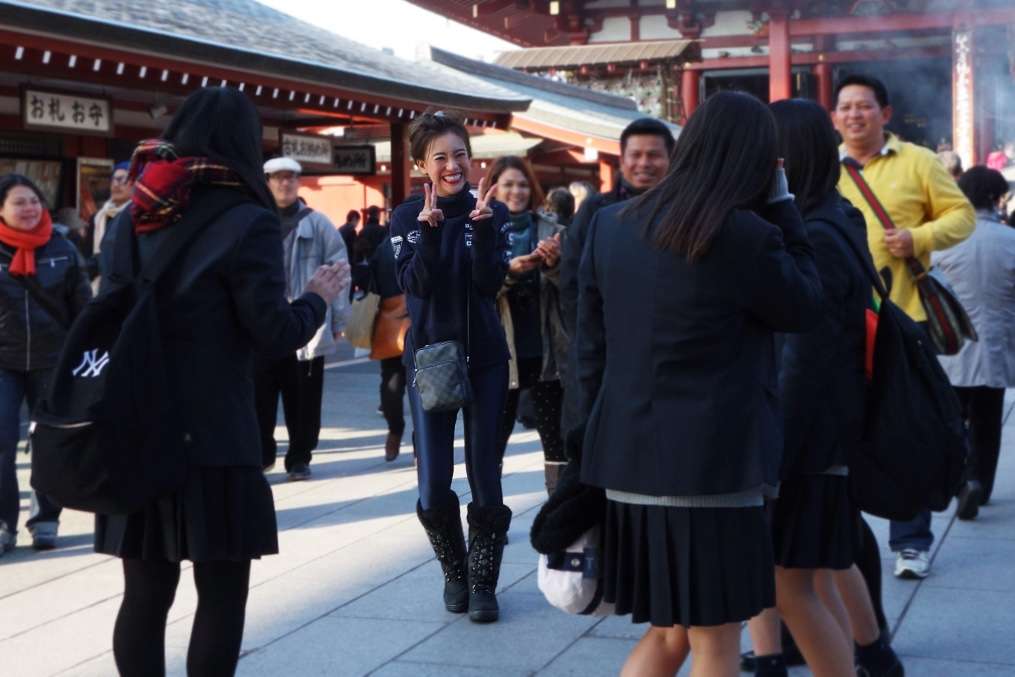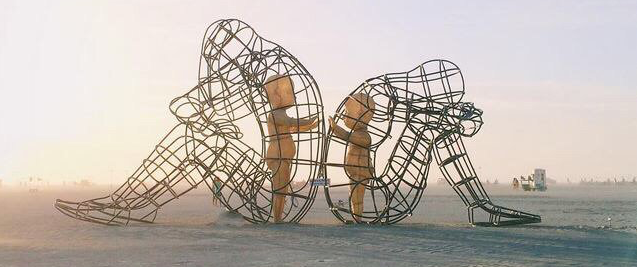
by carterjmrn | Mar 25, 2024 | Market Research Methodology
Diving Deep with IDIs: Uncovering Individual Narratives The market research journey often begins with in-depth Interviews (IDIs) before advancing to focus groups, employing a strategy that leverages the unique strengths of each method to achieve a holistic...

by carterjmrn | Aug 28, 2023 | Market Research Methodology
In a sense, generative AI in market research is not doing anything that researchers weren’t doing already. They have always generated, collected, analyzed, and utilized data. What AI has done is empower them to do all that at deeper, more robust, game-changing levels...

by carterjmrn | Jul 6, 2023 | Carter Group Viewpoints, Japan Market Entry
For brands seeking new frontiers and aiming for success on the entrepreneurial journey, there is no more interesting and fulfilling landscape than Japan. With years of experience partnering with and propelling products, services, and ideas into the Japanese market, we...

by carterjmrn | Apr 4, 2023 | Carter Group Viewpoints
Growth-driven product managers already know how important the onboarding experience is in our globally interconnected world. It’s crucial to convert free users of software platforms or SaaS products to paying customers and, even more importantly, keep them on their...

by carterjmrn | Dec 9, 2022 | Carter Group Viewpoints, Green Consumer, Japan Sentiment Tracker, Japan Values Segmentation
Japanese are not as unengaged on the topic of sustainability as you might think Over the past 10 to 15 years, Japanese marketers have wholeheartedly embraced the symbology of sustainability. Notions of ‘green’ and ‘eco’ and ‘human’ have proliferated in aesthetic...

by carterjmrn | Feb 4, 2021 | Carter Group Viewpoints, Japan Market Entry, Market Research Methodology
Recently my colleague Debbie Howard and I were interviewed by Jamin Brazil for his Happy Market Research Podcast (a highly recommended podcast if you have an interest in market research). Among other things we discussed with Jamin how to avoid...

by carterjmrn | Jan 19, 2021 | Carter Group Viewpoints, Market Research Methodology
Back in the last century when I was studying marketing at the University of New South Wales in Australia I was fortunate enough to be properly introduced to the concept of market research. In fact, we were required to complete a full introductory course in the topic...

by carterjmrn | Mar 26, 2020 | Carter Group Viewpoints, Covid-19 Related Articles
The affront to our human nature – called social distancing – that we are now being forced to endure will, in some cases, save our lives. However for brands in the current crisis, distancing yourself from your customers is not going to be good for their health....

by carterjmrn | Feb 28, 2020 | Carter Group Viewpoints
by CarterJMRN One thing is certain for all of us, as a rather morbid saying goes. But alas, it is true and therefore it doesn’t come as a surprise that death and the business of dying are a large industry in Japan, with customers guaranteed in one of the most aged...









